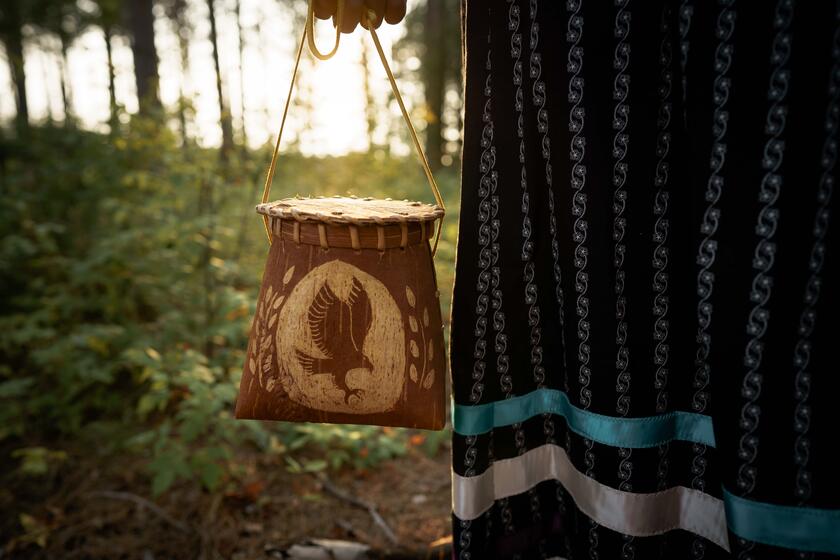National Day for Truth & Reconciliation, held annually on September 30th, is an important national day of recognition. It honours Indigenous children who were removed from their homes at the hands of the colonial government and churches, many of them not making it back home. It also honours generations of residential school Survivors, their families, and their communities.
Public recognition and understanding of this traumatic history and the intergenerational impacts of of residential schools is a vital component of the reconciliation process.
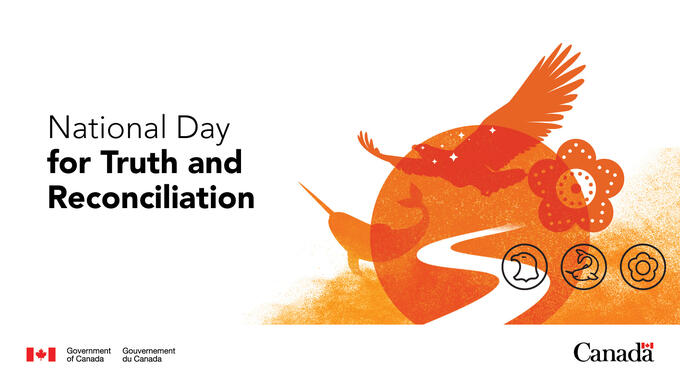
The Ontario’s Highlands Tourism Organization (OHTO) is committed to supporting the recovery and growth of Indigenous communities. In the process of working with Indigenous leaders and engaging in valuable conversations, the team at OHTO has embarked on a journey to learn more about the issues faced by Indigenous people and the changes we can make into our day-to-day operations both at work and at home.
Developing relationships with Indigenous neighbours is part of OHTO’s journey as we simultaneously support and pursue Diversity, Equity, and Inclusion, and initiated a Responsible Tourism Approach to operations. What we have learned during this process is that it is easy to put lip service to the catchphrases of recognizing and supporting Indigenous people while promoting diversity, equity, and inclusion, but it’s much harder to incorporate these elements into our daily lives in a way that is meaningful.
We have learned we can feel educated about Indigenous issues yet still remain ignorant understanding their lived experiences. We are learning to identify and mitigate cultural appropriation and do our best to support Indigenous peoples, businesses, and organizations belonging to local Indigenous communities.
Ultimately, we have also learned that we have a lifetime of learning to do, and we are finding ways to learn from and work alongside Indigenous peoples and communities. We have also learned that many settlers may not be sure of ways that they can meaningfully contribute to reconciliation. This year, in an effort to actively participate in National Day of Truth & Reconciliation, we are sharing some of the ways in which we’re learning to be allies in our personal and professional lives.
It is our hope that this might encourage others to embrace their responsibilities as settlers on Indigenous land.
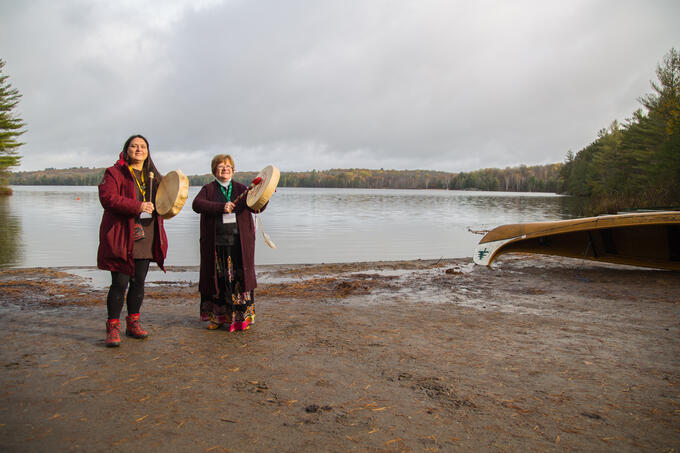
Nicole Whiting, Executive Director
Since our inception 12 years ago, I have had the privilege of working alongside a board of directors that has always acknowledged the importance of seeking guidance and input from Indigenous Peoples as we shaped our work in the region.
Thankfully, we embarked on this journey with some early allies. Christine Lightbody, Christine Luckasavitch and Aimee Bailey served on our board and were instrumental in offering suggestions on how we, as a board of mostly settlers, can do the inner work that would foster greater allyship going forward.
Additionally, we had the good fortune of working with Karen Warner who was able to share her knowledge and her connections with the Indigenous community so we may learn the Truth of the lived experiences directly from Indigenous Peoples. Bear Standing Tall, Elders Wendy and Mark Phillips, Elder Dora Yateman, Elder Irvin Sarazin and his wife Carrie, Elder Ada Tinney, Chantal Chadwick, Tawny Stowe - Woodland Priestess - are just a few individuals who offered friendship and wisdom as we embarked on our journey of understanding and allyship.
We still have a much work to do, but as a leader and as a human I’m committed to doing better. Patience and embracing vulnerability have been the key to our growth and I am looking forward to the ongoing dialogue as we continue our journey with Indigenous Peoples.
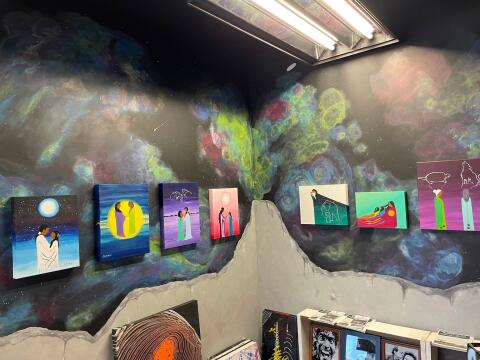
Luisa Sorrentino, Marketing Director
As a new Canadian learning and living through this truth-telling era, I continue to deepen my understanding of the residential school system, The Indian Act and the harms they continue to inflict on generations of Indigenous children and their families.
I commit to the process of reconciliation by not only reflecting on the injustices that Indigenous peoples have experienced and continue to face in Canada but also by doing better, being a better ally, and using my platform to be a conduit of change to build a better future for Indigenous peoples and all Canadians. I also love celebrating the rich and vibrant indigenous culture, and take any chance I have to enjoy it, joyfully.
Whenever I can support indigenous artists in my community, whether financially or with other resources, I do so with curiosity and humility. I have made faux pas in the past, and I have learned from that experience. I stay open to difficult conversations, and I am getting more comfortable with being uncomfortable.
Some of my teachers in this journey have been David R Maracle, Melissa Brant, Faith Wilson, Sarah Brown Dunkley, Richard Wagamese, Robin Wall Kimmerer, and more recently Suzanne Methot, Bob Joseph and Christine Luckasavitch.
Kasey Rogerson, Director of Industry Development
With the support from OHTO to embrace Indigenous Allyship, it has helped me explore the various ways to learn about Indigenous peoples, their histories, and culture, and how to be a part of the positive change needed in Canada as part of Truth and Reconciliation. Towards that end, I have been making a more conscious effort to follow Indigenous creators on social media and make regular contributions to the local Indigenous organizations and businesses close to my community.
I’ve been inspired by the words of Robin Wall Kimmerer in Braiding Sweetgrass and now find my must-read wish list filled with work written by Indigenous writers.
Whether it is with family and friends or with tourism partners and my role at OHTO, it’s the conversations that need to be taking place and there is no better time than now to start.
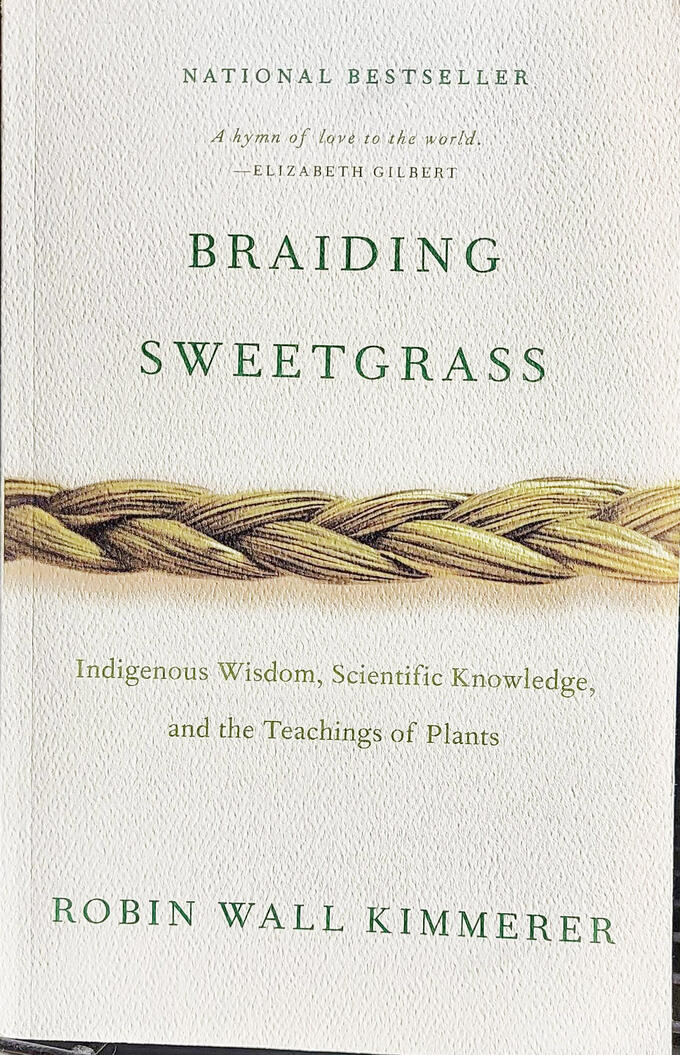
Amy Hogue, Content Specialist
I have long been fascinated by Indigenous peoples and cultures. In recent years, I have made a concerted effort to be sure I am learning from authentic Indigenous sources, such as a Indigenous culture centres and members of local Indigenous communities.
My reading list most recently includes several very powerful Indigenous voices, like Five Little Indians by Michelle Good and Halfbreed by Maria Campbell, and I am enjoying the opportunity to see the world through their lens.
I also prioritize attending powwows to support Indigenous dancers, artists, and communities directly, while joining in the celebration of their culture.
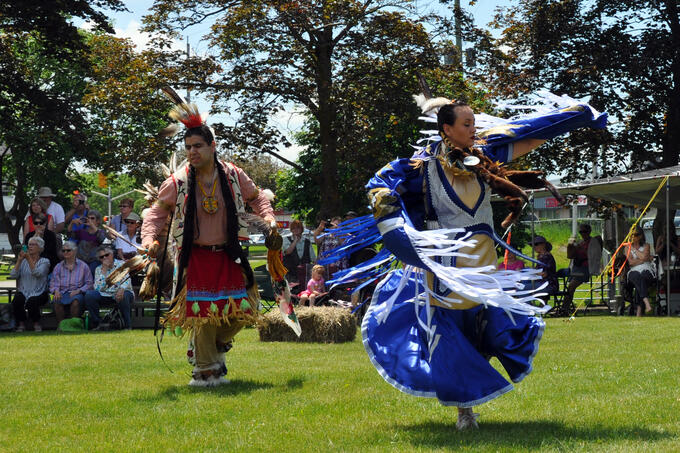
Finn Hogue, Digital Communications Specialist
I know that my allyship must be sustainable and long term. Year round, I incorporate my allyship into my daily life by finding ways to educate myself and support Indigenous makers and storytellers.
As a digital content creator, I ensure that I follow the accounts of inspirational Indigenous leaders, creators, musicians, storytellers, and local Indigenous businesses in order to continue my education on past and present issues. I regularly share content in hopes of sharing their knowledge across my networks, both through my personal accounts and the business accounts that I manage.
I enjoy reading fiction and non-fiction books by Indigenous authors, most recently have included Dog Flowers by Danielle Greller, Call Me Indian by Fred Sasakamoose, and Crazy Brave: A Memoir by Joy Harjo.
